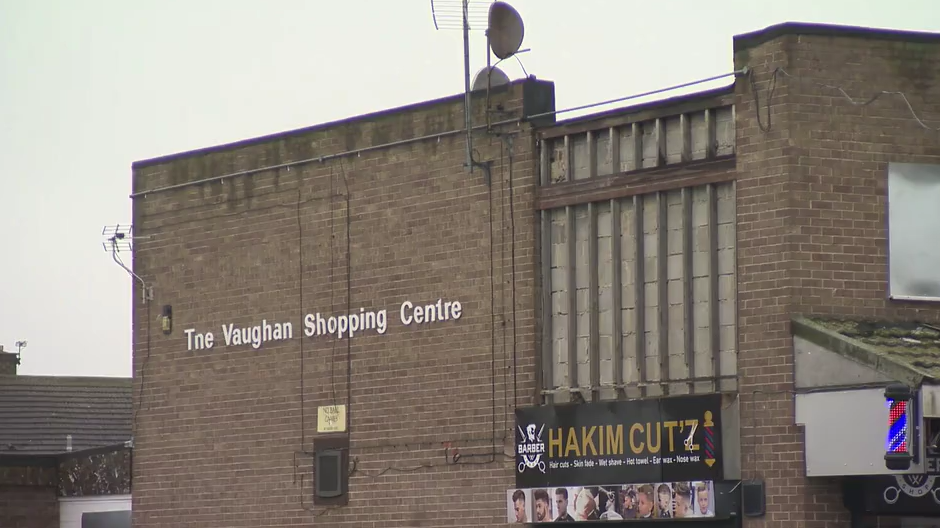Police alone 'cannot solve' anti-social behaviour
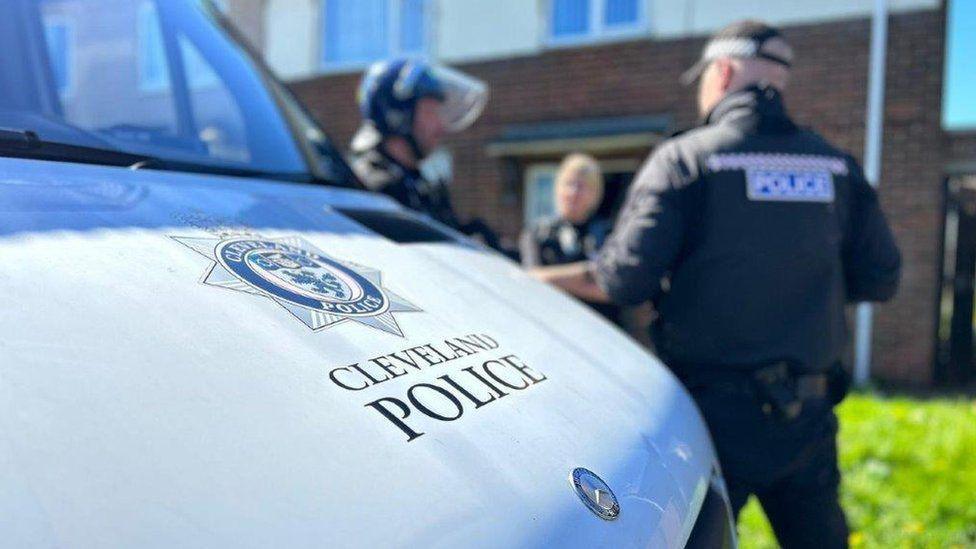
Anti-social behaviour has been described as a "blight on communities"
- Published
Policing alone cannot solve the problem of anti-social behaviour (ASB), a senior officer has warned.
Ch Supt Dave Sutherland, head of local policing for the Cleveland force, said the organisation's neighbourhood teams were committed to tackling issues affecting communities the most but that they also "work closely" with partners.
His comments followed remarks by Cleveland's Police and Crime Commissioner (PCC), Matt Storey, who this week said more neighbourhood officers were key to cutting the number of incidents.
Storey also cited the importance of partnerships with other agencies to tackle the "blight on communities".
In a statement supplied to the Local Democracy Reporting Service, Mr Sutherland said there had been a 5% drop in reported incidents in the force's area in the 12 months to August with a "refreshed neighbourhood policing strategy" to target crime hotspots.
He said the force engaged with communities through a range of ways including holding drop-in meetings.
"We have named police and community support officers (PCSOs) identified for each local authority ward area who work as part of our neighbourhood policing teams," he said.
"Together, they work closely with key partners to collectively address issues like anti-social behaviour through early intervention and problem-solving approaches as we know policing alone cannot solve the issue."
Public want 'visible' teams
The statement was issued after Storey, of Labour, praised the government's commitment to increase the number of neighbourhood officers nationally by 13,000.
Responding to a report by His Majesty's Inspectorate for Constabulary and Fire Services (HMICFRS) on anti-social behaviour, he said "visible" neighbourhood policing teams "is what members of the public want so they can feel safe in their communities".
He added: "Initiatives such as funding for ASB hotspot policing, which concentrate efforts on problem areas, have proved highly successful."
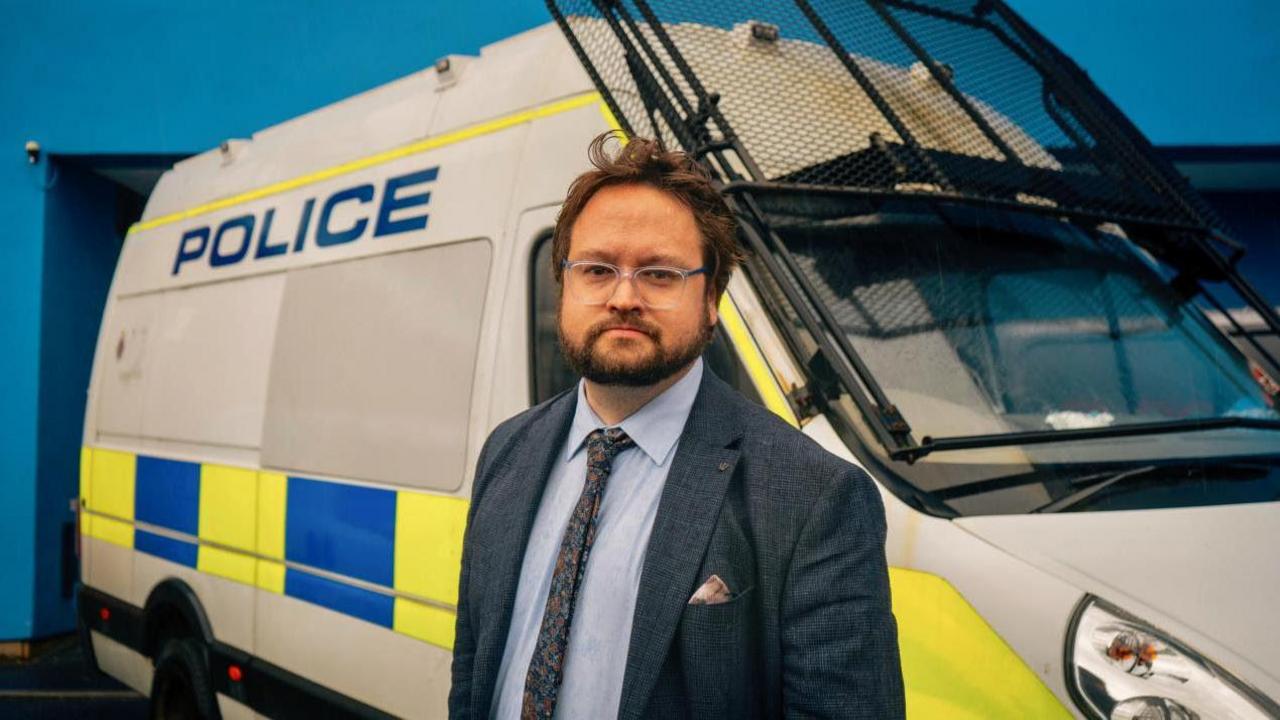
Cleveland PCC Matt Storey has welcomed the government's plan to provide thousands more neighbourhood officers
Mr Storey is the Association of Police and Crime Commissioners joint lead for local policing alongside his PCC counterpart in Gloucestershire, Chris Nelson.
Last year findings from an HMICFRS inspection of Cleveland Police said it had a limited understanding of the demand facing its neighbourhood policing teams and could not meet it.
It also did not properly recognise the contribution of neighbourhood policing teams, it said.
The inspection pre-dated current Chief Constable Mark Webster's tenure and a revamped strategy has since been put in place.
Follow BBC Tees on X,, external Facebook, external, Nextdoor and Instagram, external. Send your story ideas to northeastandcumbria@bbc.co.uk.
Related topics
- Published24 May 2024
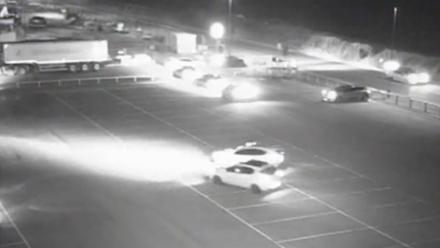
- Published22 April 2024
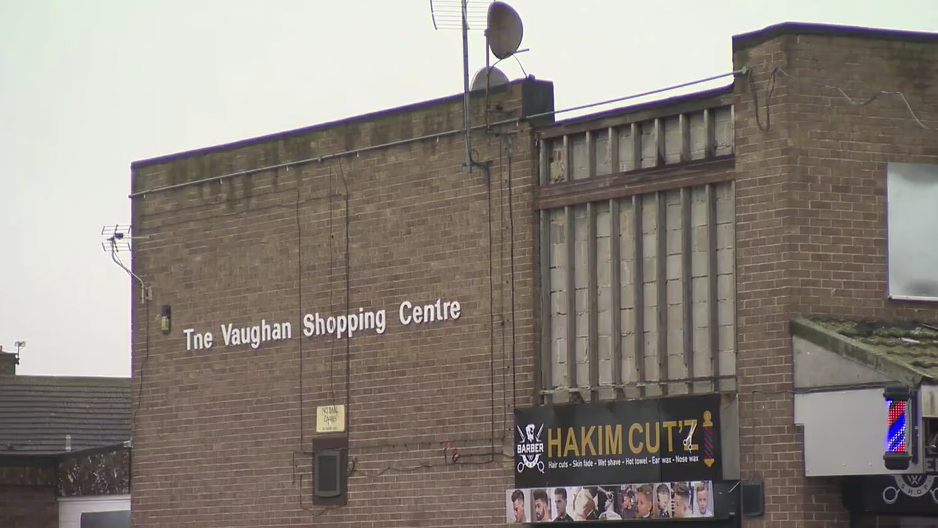
- Published2 April 2024
